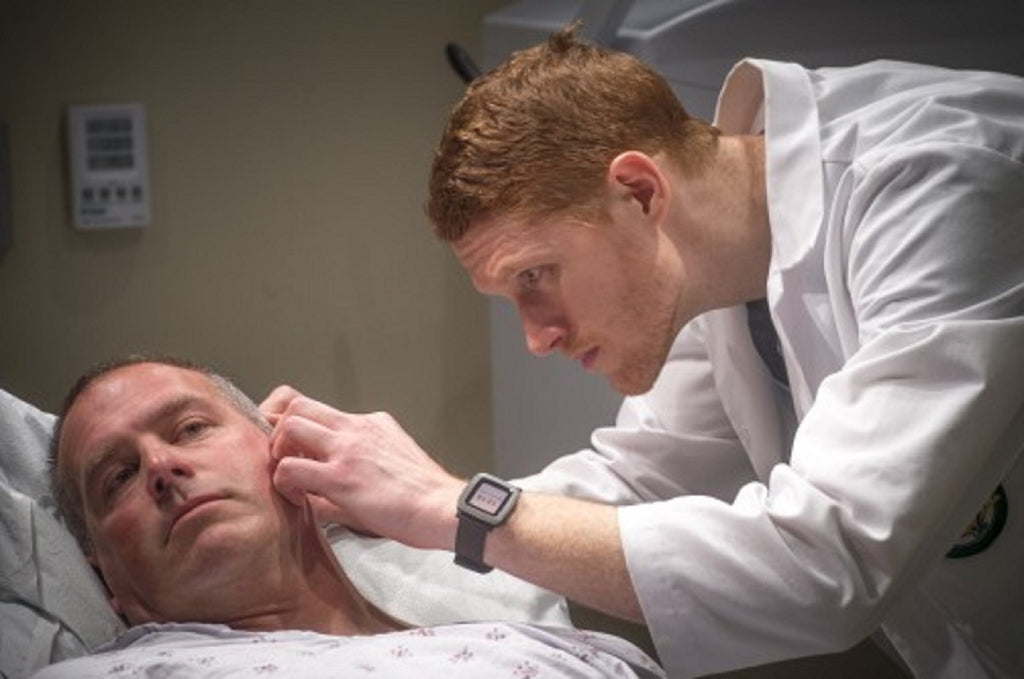
Signs Of A Suspicious Skin Growth That You Shouldn't Ignore
Written By Anica Oaks / Reviewed By Ray Spotts
A growth that you notice on your skin may cause you to feel concerned. Not all skin growths are harmful, but some could signify potentially serious medical conditions, and getting any suspicious skin growths looked at and treated by a specialist can help safeguard your health. By not ignoring these troubling signs of suspicious skin growth and taking quick action, you can possibly prevent the growth from getting worse.
Change in Shape and/or Size
Any skin growth that becomes larger or changes its shape should be looked at right away by a medical professional. A skin growth that shrinks normally isn’t cause for concern but could indicate the presence of skin cancer in some cases. If the border of the lesion appears irregular as the growth changes shape or size or at any other time, the growth should also not be ignored.
Unusual Coloring
Moles are among the most common skin growths and usually develop when people are still in their childhood years. Moles can range in color from light tan to black, but you may also notice that certain moles are red, pink and even blue in appearance. When a mole’s coloring usually becomes concerning is when it contains a mix of different colors.
The coloring of the mole may also change if there’s an underlying health concern. A specialist who practices dermatology can examine the coloring of any moles or other skin growths that you may have and perform additional diagnostic testing if necessary.
Bleeding
A lesion that bleeds could be a sign of cancer or an infection, but the problem may be more harmless. Warts and blemishes from acne are among the most benign types of skin growths that can bleed, and the bleeding should resolve itself as they heal. However, if you notice that the bleeding occurs regularly from the lesion for prolonged periods, you should definitely seek medical attention.
Prolonged Irritation
Many temporary lesions cause irritation, which will go away on its own after they've healed. If any lesions are causing prolonged irritation, you may have an infection. In some cases, a lesion that causes irritation could be cancerous.
Regardless of the reason for the irritation, you should avoid exposing the lesion to sunlight, as this could cause further irritation. You may also need to be more careful with how you bathe and dress until the lesion heals or you’ve had it looked at by a doctor.
If you notice an unusual skin lesion, it’s best to pay close attention to it to look for any troubling signs. You can take better care of your health by staying vigilant and getting the appropriate treatment if needed.
Subscribe to our Trusted Health Club newsletter for more information about natural living tips, natural health, oral health and skincare. If you are looking for more health resources check out the Trusted Health Resources list.
Written By:
Anica Oaks is a professional content and copywriter who graduated from the University of San Francisco. She loves dogs, the ocean, and anything outdoor related. You can connect with Anica on Twitter @AnicaOaks.
Reviewed By:
Founder Ray Spotts has a passion for all things natural and has made a life study of nature as it relates to health and well-being. Ray became a forerunner bringing products to market that are extraordinarily effective and free from potentially harmful chemicals and additives. For this reason Ray formed Trusted Health Products, a company you can trust for clean, effective, and healthy products. Ray is an organic gardener, likes fishing, hiking, and teaching and mentoring people to start new businesses. You can get his book for free, “How To Succeed In Business Based On God’s Word,” at www.rayspotts.com.



